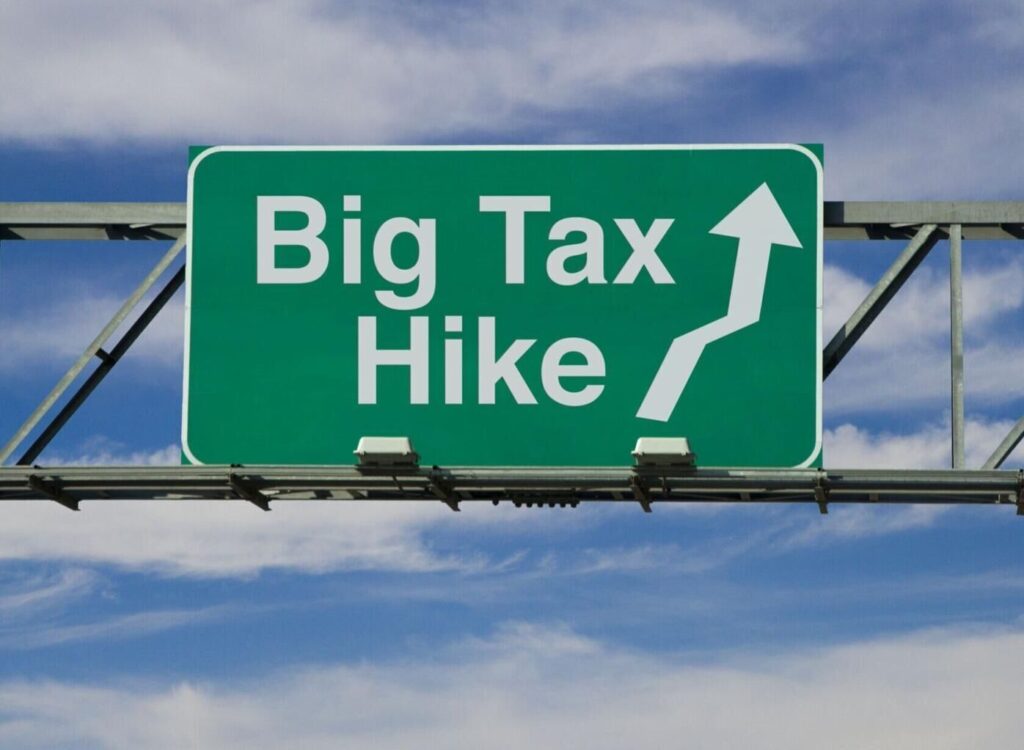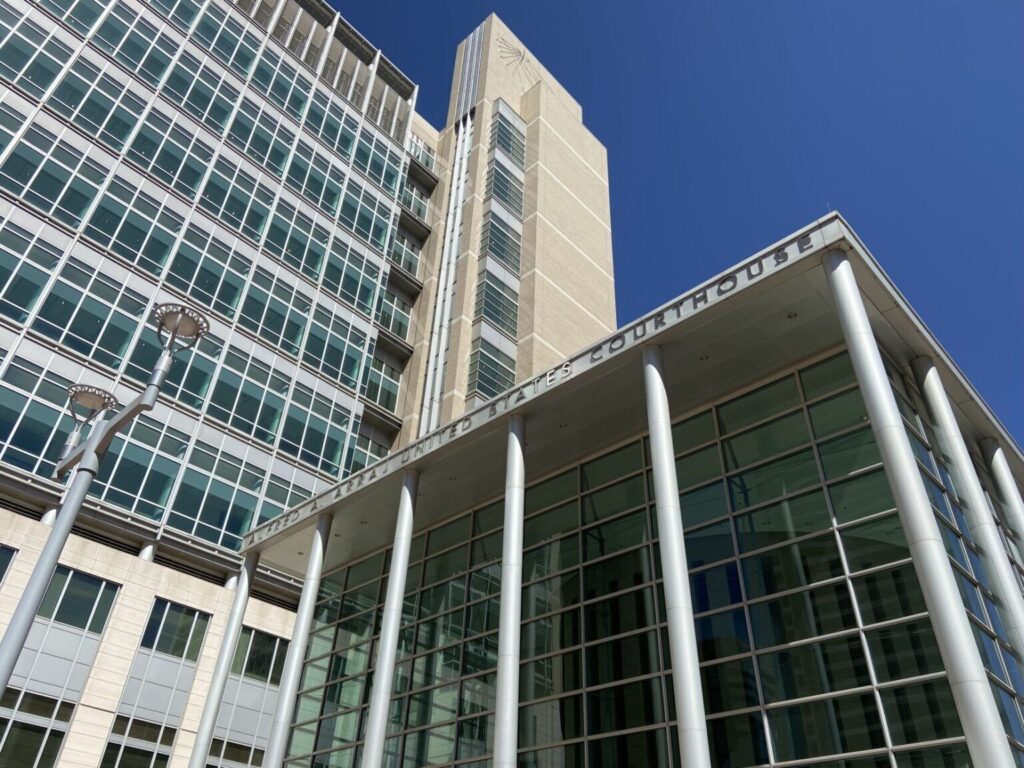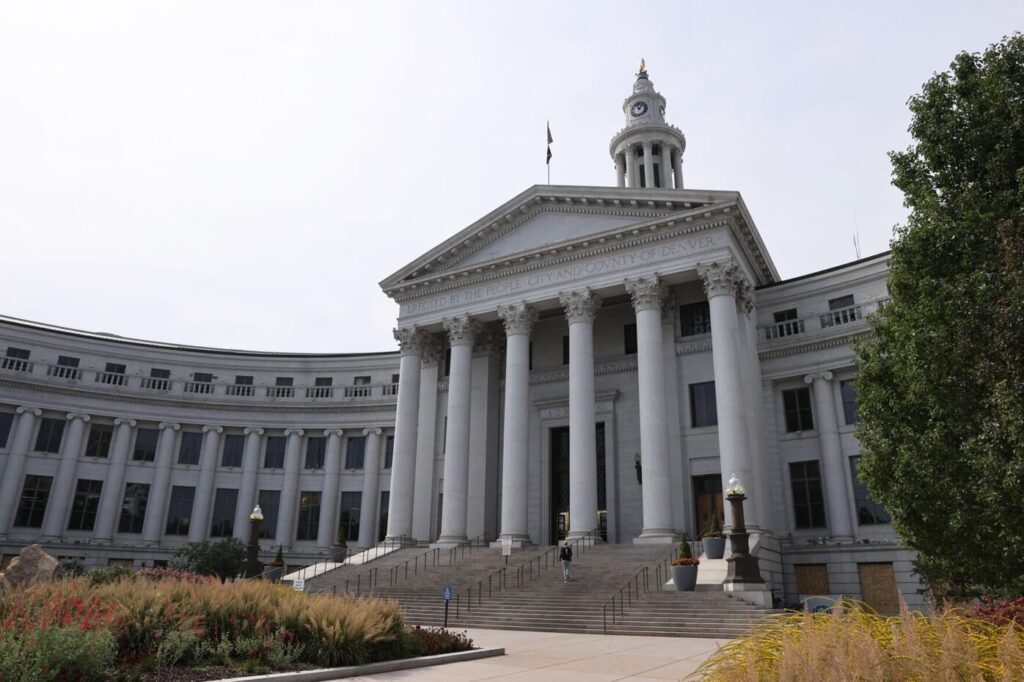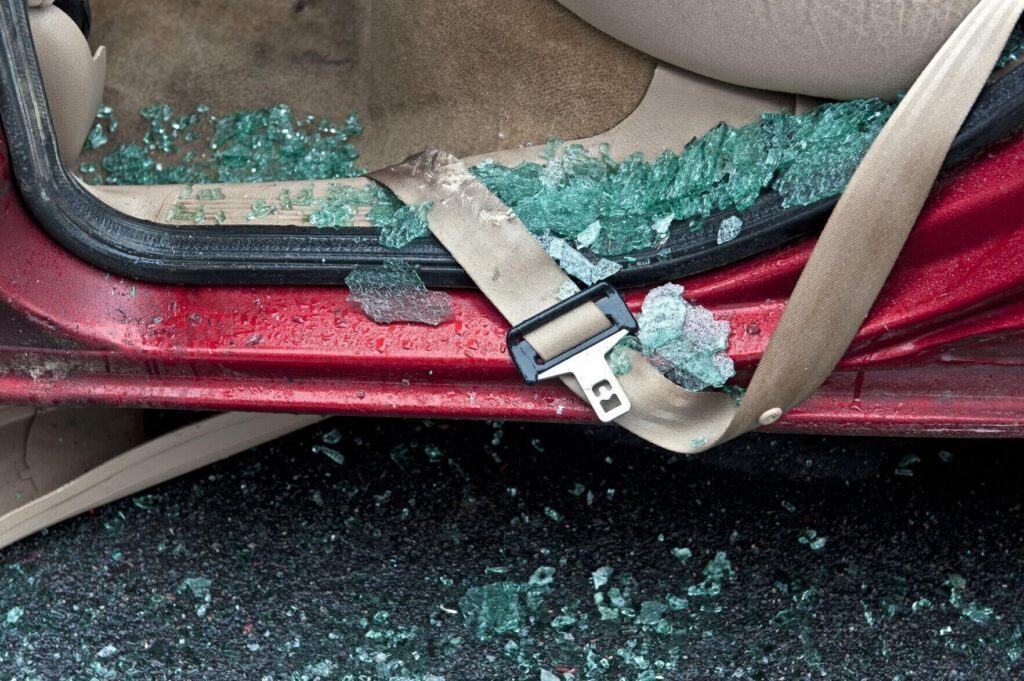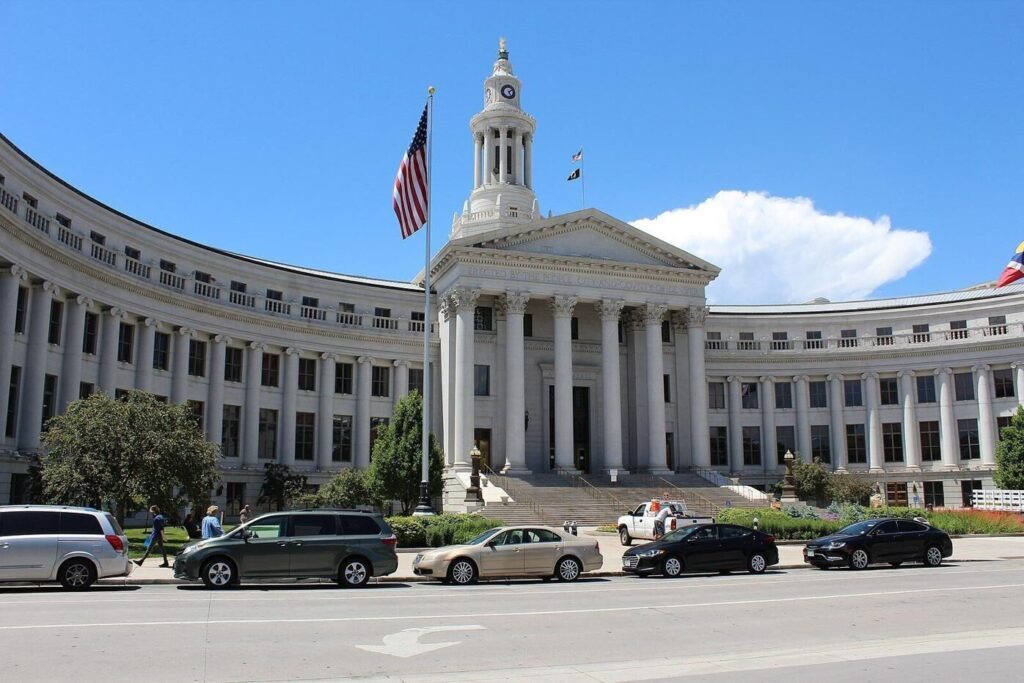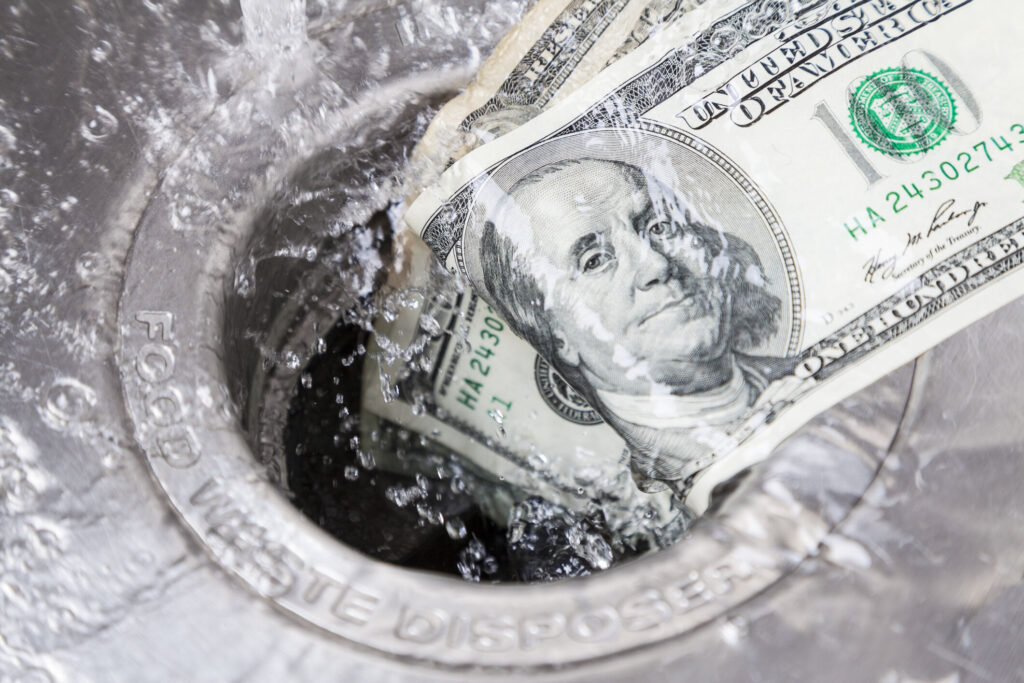EDITORIAL: Another price control for the sake of faux compassion
Gov. Jared Polis recently signed House Bill 1010, aimed at curbing what sponsors call “price gouging” during emergencies. Advocates frame the law as against corporate greed, but this is a solution in search of a problem for the sake of populist optics.
Sen. Mike Weissman, D-Aurora, alongside Reps. Yara Zokaie, D-Fort Collins, and Kyle Brown, D-Louisville, championed the measure, claiming it protects consumers from bad actors exploiting disasters to inflate prices on essentials such as groceries and diapers.
The rhetoric is compelling, but the premise is flawed. The notion of rampant merchant “price gouging” during crises is a myth that misunderstands basic economics and risks harming the very people it claims to help.
Colorado has a price gouging law, enacted years ago, that has scarcely been used. If profiteering were as pervasive as portrayed, prosecutions would be rampant. Price increases during emergencies are seldom the result of greed — a scourge that kills most greedy businesses — but of necessity.
When supply chains falter — during wildfires, floods, blizzards or pandemics — goods become scarce. Prices are always controlled by supply and demand, regardless of a business leader’s intentions.
Price fluctuations serve as a critical mechanism for rationing limited resources. They discourage hoarding, ensuring that a few don’t clear shelves, leaving others empty-handed. A $30 pack of diapers might sting, but it is better than no diapers.
This is not gouging, but fundamental economics at work. Scarcity raises prices, prompting consumers to buy only what they need and enabling merchants to restock. Without this flexibility, stores could sell out instantly and leave customers stranded.
A street merchant might settle for selling umbrellas at a 1% profit during a drought, then sell the same product for a 10% profit when rain pours down and customers rush her booth.
Consider a rural grocer during a snowstorm. If she can’t raise prices to reflect the cost of limited stock and no imminent means of restocking, the merchant could go broke. Fixed prices in a crisis can bankrupt small businesses, reducing access to goods when they are needed most. The alternative of empty shelves helps no one.
The additional price gouging law — in the sixth-most regulated state — is nothing other than a price control. History shows that price controls always cause scarcity. It is why we had “no gas” signs on gas stations when President Richard Nixon capped the price of crude in the 1970s, saying fuel was too important to subject to market forces. It turned out those forces were essential to supply.
The same emergencies that challenge consumers burden sellers with costly transportation delays, labor shortages and damaged infrastructure. Retailers charging more for scarce goods are not “lining their pockets”; they’re covering the cost of getting product to consumers.
Studies, such as one from the Mercatus Center, prove that anti-price gouging laws can exacerbate shortages.
The new law prioritizes optics over outcomes. By demonizing price adjustments, it risks stifling the market’s ability to respond to crises. Colorado’s existing law, seldom used, provides a backstop against rare cases of genuine exploitation. Piling on more regulation sends a message that honest businesses are the enemy, when in reality, they’re the ones keeping shelves stocked under pressure.
Instead of chasing this phantom “price gouging,” we should focus on real solutions: streamlining supply chains, keeping public surpluses of essential goods, supporting small businesses and educating consumers about scarcity. Painting merchants as villains might win votes, but it won’t keep food on shelves when the next disaster strikes.
The Gazette Editorial Board






